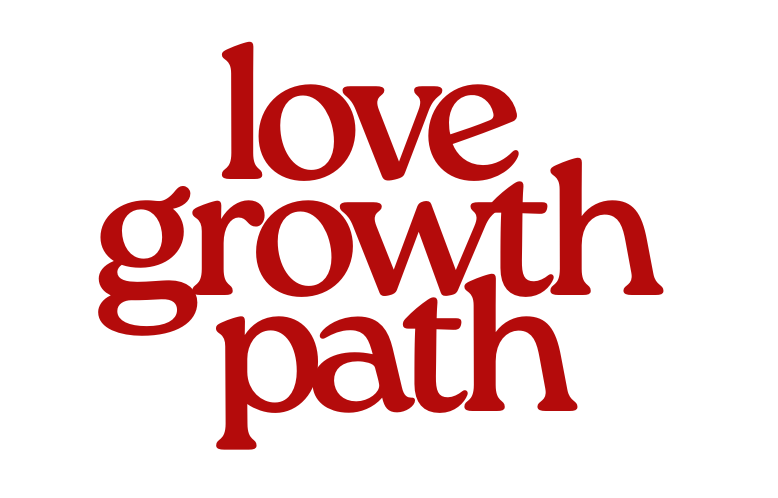8 Signs Your Husband Sees You as His Mother, Not His Wife
Have you ever felt like your husband treats you more like his mom than his wife? It’s a confusing and often painful spot to be in — like you’re parenting the person you hoped would be your partner. If this sounds familiar, you’re not alone. In this post, we’ll explore 8 signs your husband sees you as his mother, not his wife, so you can recognize these patterns and start steering your marriage back to the loving partnership you deserve.
1. He Relies on You to Manage His Daily Life
Imagine coming home after a long day and instead of sharing how his day went or planning a date night, your husband asks, “Did I pay the electric bill? Where’s my gym bag?” It’s like you’ve become his personal secretary or care provider. When he depends on you to handle even the smallest tasks, he’s treating you as the one who keeps his life running smoothly — much like a mother would — instead of his equal partner.
2. He Ignores Your Emotional Needs
When you express feelings or ask for closeness, he might respond with indifference — or worse, act as if your emotions are ‘extra’ work for him. It’s as if he sees you as someone who must put up with his moods rather than a wife who deserves emotional connection. For example, when you say, “I’m feeling lonely,” he might change the subject or shrug instead of engaging with you lovingly.
3. His ‘Dad Jokes’ Aren’t Just Jokes — They Are Deflections
That pattern of cracking cheesy jokes when you try to have a serious conversation? It’s a classic mother-child dynamic. Instead of facing adult problems together, he sidesteps challenges with humor, leaving you in the ‘caretaker’ role left trying to manage his feelings while he avoids responsibility.
4. He Asks for Permission Like a Child
Think about how often he seeks your approval for decisions or checks in about things that are fairly low-stakes — like what to eat or whether he can hang out with friends. It’s sweet at first, but when repeated relentlessly, it can feel like you’re the boss, not his partner. My friend Sarah once said, “I felt less like a wife and more like a mother reminding a teenager to do his homework.”
5. He’s Comfortable Being Taken Care of, But Rarely Reciprocates
In a healthy marriage, both partners nurture each other. But if he’s quick to ask you for help but disappears when you need support — like calling you in a panic for a lost wallet but shrugging off your work stress — he’s leaning into a mother/child power imbalance.
6. He Complains You ‘Nag’ — but He Never Takes Initiative
How often do you hear, “Why do you have to nag me?” when you simply ask him to do basic chores or talk about an important issue? If he doesn’t take initiative and sees your reminders as annoying, he’s used to you stepping in and sorting things out, much like a mother coaxing a child into responsibility.
7. He Shows Little Romantic Interest or Affection
When was the last time he looked at you with desire or made a spontaneous romantic gesture? If affection is scarce and intimacy feels more like a duty or afterthought, it might be because he views you in a caretaking role — someone who keeps things comfortable and steady, but not the passionate partner he craves.
8. He Avoids Adult Conversations and Important Decisions
Adult partnerships thrive on mutual decision-making. But if he dodges talks about finances, family plans, or future goals, preferring you to take charge, it’s a sign he feels safer in the ‘child’ position where he’s cared for, rather than an equal who must engage on tough topics.
Wrapping Up: How to Shift from Mom to Wife
Recognizing these signs is the first step toward reclaiming your role as a wife and equal partner. It’s essential to set boundaries, communicate your needs clearly, and encourage your husband to step into adult responsibility. Couples therapy or reading books on healthy relationship dynamics can also guide you both back to a loving balance.
Remember, you deserve to be cherished as a partner, not a caretaker. If this post resonated, share this with a friend who might be feeling the same or comment below with your experiences — let’s support one another on this journey.
[Insert related post link here]
For more in-depth guidance, the Psychology Today article on “The Mother Wound” offers valuable insights on how early family dynamics impact adult relationships.




